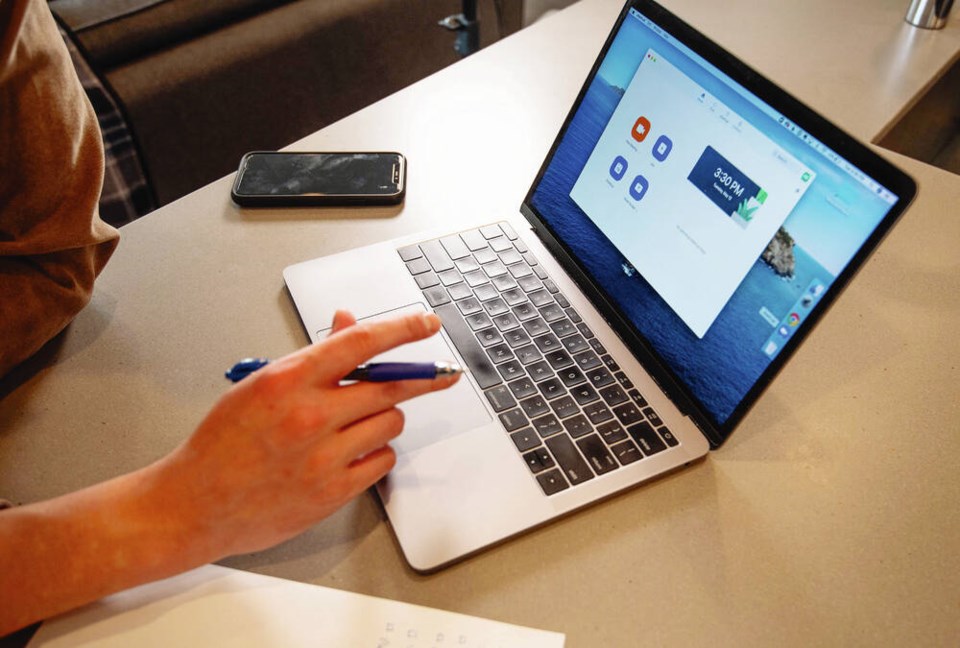One of my favourite things to do is watch people when they are working.
I like to watch how people speak in meetings, how they share their thoughts, and see if they share ALL their thoughts, or just the best ones.
When I find myself in a situation where someone’s behaviour could be deemed distasteful, or when they’re not gaining the results they’re hoping for, I take note and learn from them, hoping I don’t have to learn that lesson one day on my own.
There are moments when people’s actions stop me in my tracks, and make me think to myself: “I want to be like them,” or “Wow, that’s impressive leadership.”
More than 10 years ago, I was attending a Metchosin council meeting and council was voting on a hot topic. I don’t fully recall the details, but I know it had something to do with water and wells.
It was a discussion at the council table for many months, and people were divided. When it came time for Coun. Bob Gramigna to vote, he said: “I am not in favour of this, and personally I don’t support it. But I was elected to represent the community, and I have had many residents speak to me about this, and all were in support. So, while I personally don’t agree, I am here to represent the community, and because of that I am voting in favour.”
That moment has stuck with me, and it’s one of the best lessons in leadership I ever received.
Sometimes in our roles, we can’t vote for what we want — we look to the people we represent, determining the best choice for the community, the board or the project.
The pandemic was recently declared over, something I wasn’t always sure would ever happen. Deep in the thick of lockdown and isolation, it was something I yearned for. COVID isn’t over, but the scale isn’t nearly the same.
The pandemic was a catalyst for cultural shifts. Obvious ones include accommodating working from home, enhanced use of video conferencing, and even a shift in business casual attire to be a little bit more casual and comfortable.
There are other cultural shifts that aren’t always easy to see.
The pandemic forced us to separate from others, and it forced employers to be more flexible. The public discussion on mental health, mindfulness and self-care moved into the mainstream.
I was speaking with a counsellor who was sharing insights into how this has affected children and teens. She explained how self-care and mental-health prioritization has created a space for young people to openly express their needs, create boundaries and not feel inclined to do thing they don’t want to do.
But when the lens is so focused on the individual, and honouring oneself, it can create a blindness to how we interact with others, how we can support others, how we can ensure both our needs and the needs of those around us are being met.
This is important not only for young people, but all people. When we make time to serve others, represent others and prioritize others, we receive far more than if we focused only on our wants and perspectives.
In the words of an obscure song by Kimya Dawson: “Grandma said to me/If you only have one bean/And you meet someone with no bean/You should give them half your bean/Cause you will be less hungry/If you eat just half a bean/Than if you eat a whole bean in front of somebody with no bean.”
>>> To comment on this article, write a letter to the editor: [email protected]



